You're listening to the Happy Homebirth Podcast, Episode 104
Today's guest: Dr Rachel Reed is a midwife, academic, author, and international speaker who focuses on childbirth physiology, midwifery practice, and women's rights (and rites). She has provided midwifery care for many women and has attended births in a wide range of settings and circumstances. Rachel is the author of the award-winning blog MidwifeThinking and the co-host of The Midwives' Cauldron podcast. She has published widely in journals and magazines, and her first book Why Induction Matters is a popular resource for women and care providers. Her most recent book Reclaiming Childbirth as a Rite of Passage: weaving ancient wisdom with modern knowledge will be published early 2021. Further information about Rachel and her work is available at www.rachel-reed.website. and….she’s just delightful.
I find myself getting sucked into her blog archives for hours at a time, and for today’s episode I decided to ask her about several topics that she covers quite wonderfully there. I know you’re going to deeply enjoy this episode. With that, let’s jump in!
Show Notes:
Big Babies
Most women having homebirth in Australia have “big” babies, and they’re not scary.
In hospital, however, it can be a different story. If a doctor diagnoses a mother with a “big baby” on ultrasound, it can begin to cause stress and fear for her.
Dr. Reed mentions that the research does not separate healthy, normal big babies from those whose mothers have gestational diabetes. These babies tend to have bigger shoulders and can have more difficulty coming out (though most of them come out just fine, too).
“Big babies don’t scare me, but what people do about big babies does scare me.”
Women who are told they have a big baby: C sections, tearing, poorer outcomes are more likely— so it’s the outside causing the problem.
A care provider’s fear of the big baby can cause many of the interventions
Gestational Diabetes as a label— fairly nonsensical
If there are abnormally high blood glucose levels circulating, that does impact the baby and potentially the birth. However, the blood glucose levels being used are not evidence-based
In Australia, around 17% of women are now labeled as a gestational diabetic.
When Dr. Reed was training, we only tested those who had risk factors.
The issues with challenge tests: it’s an abnormal test— many pregnant women are not drinking sugary drinks, so the tests results can be very off.
VBAC- Mountain or Molehill?
Is this as dangerous as the medical community seems to happen?
Research related to this is mixed with those who are having inductions and those who are not— when we remove those who are having inductions, we see the already small number of issues become all the smaller.
Statistically a
More Episodes
Ep 67: Real Food for Pregnancy (And Postpartum!) with Lily Nichols
 2020-03-30
2020-03-30
 5.4k
5.4k
Ep 66: Drawing Strength From a Community of Women
 2020-03-09
2020-03-09
 3.5k
3.5k
Ep 65: Birth After Loss: Coping with Grief, Hormones and Helping Other Mothers
 2020-03-02
2020-03-02
 3.8k
3.8k
Ep 64: How Did We Get Here?! The History of U.S. Maternity Care
 2020-02-24
2020-02-24
 4.4k
4.4k
Ep 63: A Medical Professional Couple Chooses Homebirth
 2020-02-17
2020-02-17
 5.1k
5.1k
Ep 62: From Not Wanting Children to Having Homebirths
 2020-02-10
2020-02-10
 3.7k
3.7k
Ep 61: Wild Pregnancy, Wild Freebirth
 2020-02-03
2020-02-03
 5.2k
5.2k
Ep 60: Crazy Labor Patterns With Two Homebirth Babies
 2020-01-27
2020-01-27
 5.0k
5.0k
Ep 59: "But What if Something Goes Wrong?"- How Midwives Handle Emergencies at Home
 2020-01-20
2020-01-20
 10.0k
10.0k
Ep 58: Homebirth after Hospital Trauma
 2020-01-13
2020-01-13
 4.4k
4.4k
Ep 57: A Recovering Superwoman's Experience with 3 Under 3
 2020-01-06
2020-01-06
 3.8k
3.8k
Ep 56: My Mother's Births
 2019-12-30
2019-12-30
 3.8k
3.8k
Ep 55: Dad Chats with Thomas: A Look Back on Janie's First 3 years
 2019-12-09
2019-12-09
 2.6k
2.6k
Ep 54: The Woke RN's Journey to Homebirth
 2019-12-02
2019-12-02
 4.3k
4.3k
Ep 53: Bring a Beginner's Mind to Birth
 2019-11-25
2019-11-25
 3.9k
3.9k
Ep 52: How to Have a Liberated Birth
 2019-11-18
2019-11-18
 3.5k
3.5k
Ep 51: 7 Mistakes Many Mamas Make When Planning Their Natural Birth… and How to Avoid Them!
 2019-11-11
2019-11-11
 5.6k
5.6k
Ep 50: Juliana Takes Charge of Her Birth Choices
 2019-11-04
2019-11-04
 3.7k
3.7k
Ep 49: Believe in Midwifery's Guide to Sustainable Practice
 2019-10-30
2019-10-30
 2.1k
2.1k
Ep 48: A Midwife's Long Labor
 2019-10-28
2019-10-28
 4.4k
4.4k
Create your
podcast in
minutes
- Full-featured podcast site
- Unlimited storage and bandwidth
- Comprehensive podcast stats
- Distribute to Apple Podcasts, Spotify, and more
- Make money with your podcast
It is Free
You may also like

Dr. Laura Call of the Day

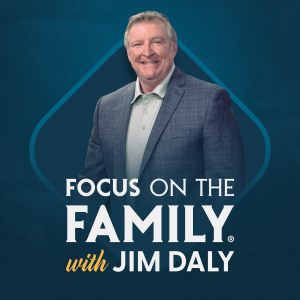
Focus on the Family with Jim Daly


Calm Parenting Podcast

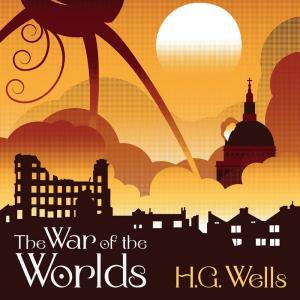
The War of the Worlds

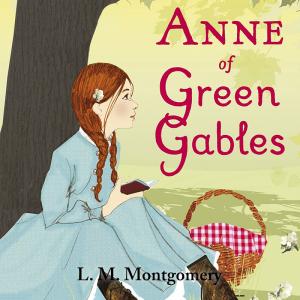
Anne of Green Gables

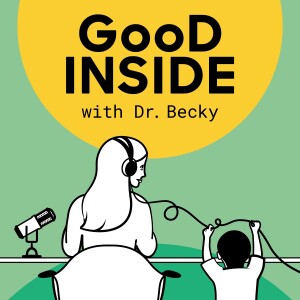
Good Inside with Dr. Becky


Raising Parents with Emily Oster


- Privacy Policy
- Cookie Policy
- Terms of Use
- Consent Preferences
- Copyright © 2015-2024 Podbean.com

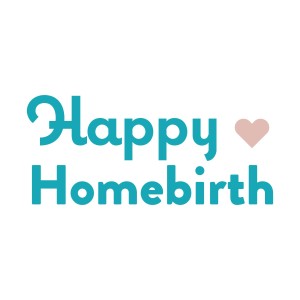

 iOS
iOS Android
Android